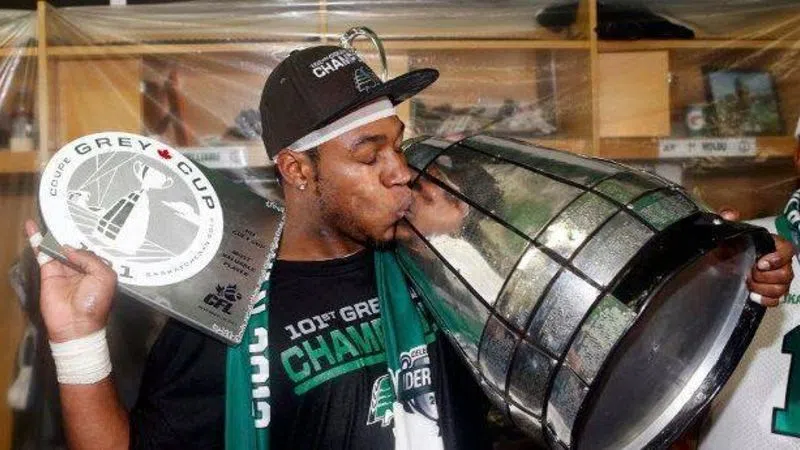
Kory Sheets opens up about life after football
For years, Kory Sheets’ path was illuminated by the bright lights of football stadiums.
When those lights were shut off, the former Saskatchewan Roughriders tailback went to a dark place.
“I went through a stage; I’m actually just coming out of it,” Sheets, 34, said during a recent conversation with The Green Zone’s Jamie Nye. “I was depressed for about five years. I didn’t know which way was up.


